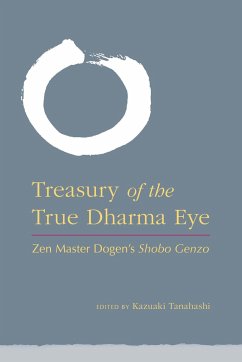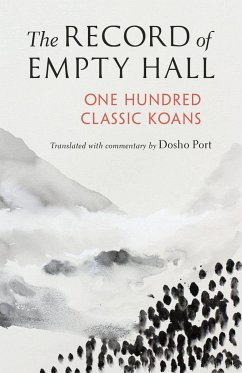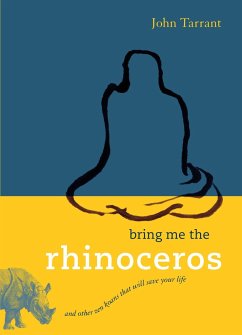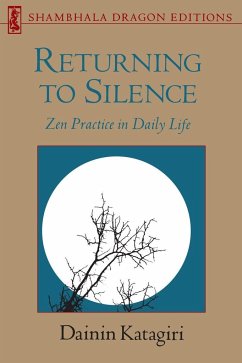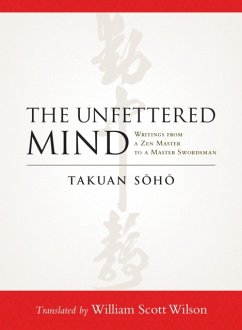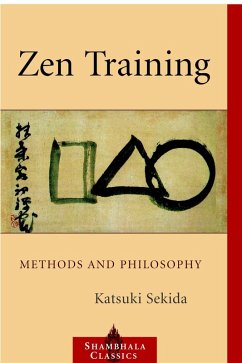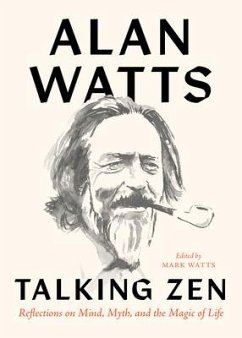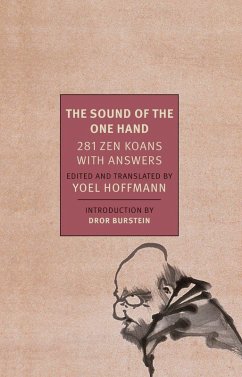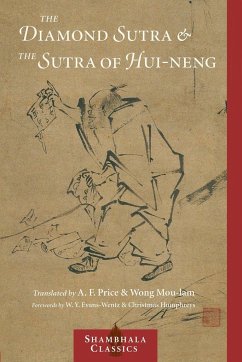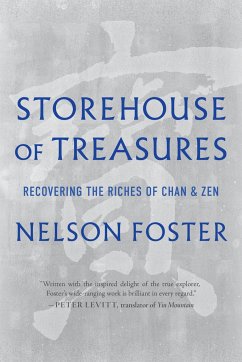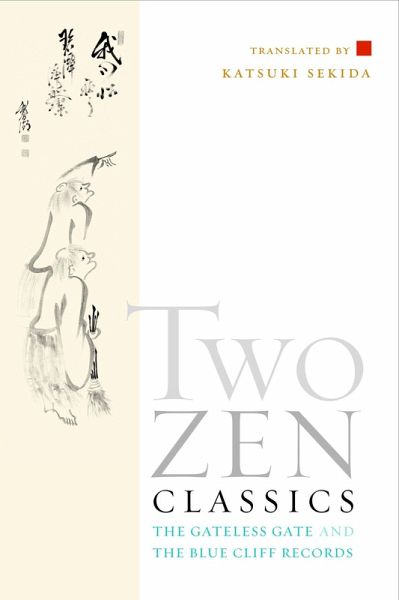
Two Zen Classics
The Gateless Gate and the Blue Cliff Records
Übersetzer: Sekida, Katsuki

PAYBACK Punkte
19 °P sammeln!
The strange verbal paradoxes called koans have been used traditionally in Zen training to help students attain a direct realization of truths inexpressible in words. The two works translated in this book, Mumonkan ( The Gateless Gate ) and Hekiganroku (The Blue Cliff Record), both compiled during the Song dynasty in China, are the best known and most frequently studied koan collections, and are classics of Zen literature. They are still used today in a variety of practice lineages, from traditional zendos to modern Zen centers. In a completely new translation, together with original commentari...
The strange verbal paradoxes called koans have been used traditionally in Zen training to help students attain a direct realization of truths inexpressible in words. The two works translated in this book, Mumonkan ( The Gateless Gate ) and Hekiganroku (The Blue Cliff Record), both compiled during the Song dynasty in China, are the best known and most frequently studied koan collections, and are classics of Zen literature. They are still used today in a variety of practice lineages, from traditional zendos to modern Zen centers. In a completely new translation, together with original commentaries, the well-known Zen teacher Katsuki Sekida brings to these works the same fresh and pragmatic approach that made his Zen Training so successful. The insights of a lifetime of Zen practice and his familiarity with both Eastern and Western ways of thinking make him an ideal interpreter of these texts.




